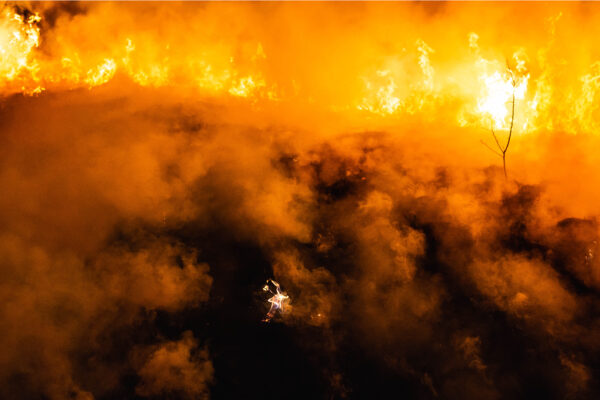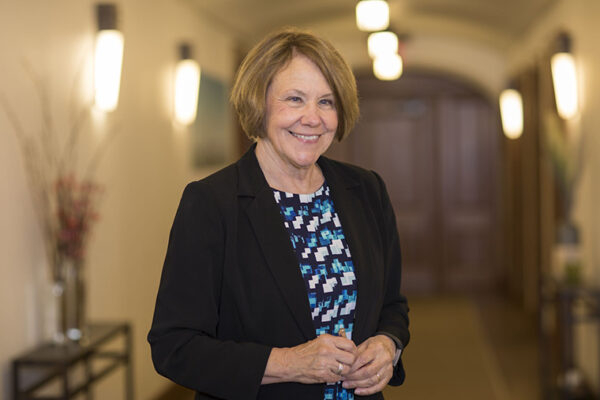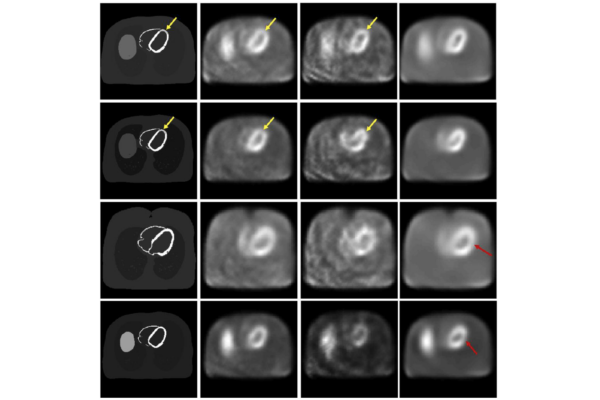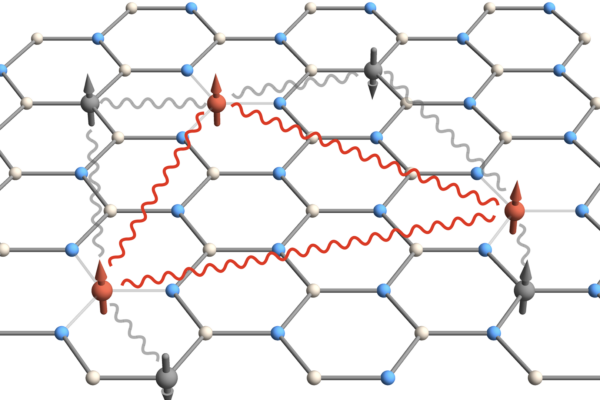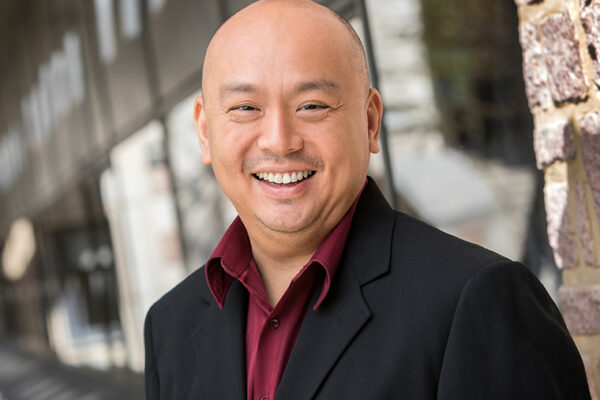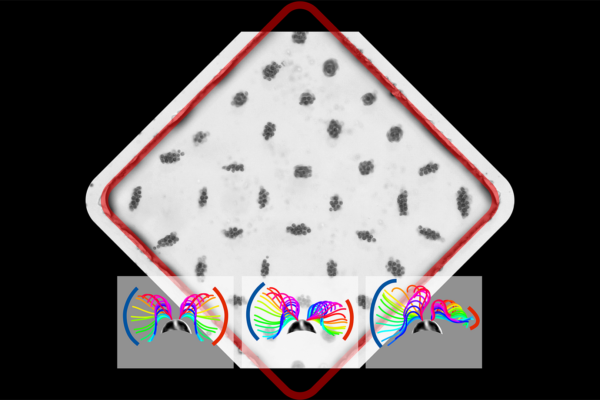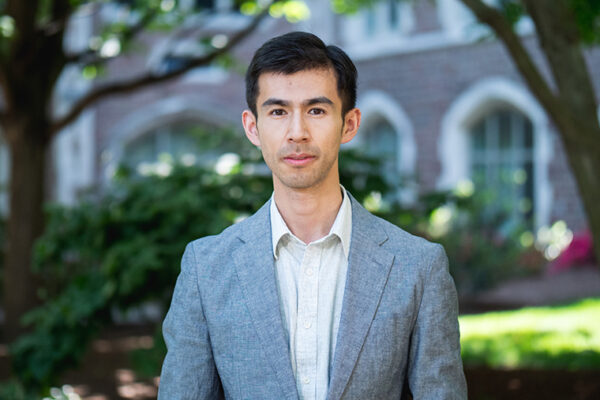Radar can help fight wildfires, identify flash-flood risks
Roger Michaelides, an assistant professor of earth and planetary sciences in Arts & Sciences, is co-investigator of a new NOAA-funded project that aims to improve the warning systems for flash floods that often threaten areas recently denuded by fire.
Bias from pulse oximeters remains even if corrected by race, study finds
Neal Patwari and graduate students Francesca Bonetta-Misteli and Di Huang at the McKelvey School of Engineering found that even while pulse oximeters have been adjusted to account for darker skin tones, bias remains and must be fixed.
Schaal elected member of American Philosophical Society
Barbara A. Schaal, the Mary-Dell Chilton Distinguished Professor in the Department of Biology in Arts & Sciences, was elected a member of the American Philosophical Society in May. Schaal was among the first scientists to use molecular biology-based approaches to understand evolutionary processes in plants.
Missouri native is flowering earlier due to climate change
Biologist Matthew Austin in Arts & Sciences published a study in the American Journal of Botany that describes changes to the flowering time and other important life cycle events in Leavenworthia species, a group of small flowering plants found in glades in Missouri.
Clinical utility, not ‘prettiness’
In a study published in Medical Physics, researchers in the lab of Abhinav Jha at the McKelvey School of Engineering evaluated artificial intelligence techniques for cleaning up medical images based on performance in clinical tasks.
Glitches in the matrix
As reported in a paper in Nature Communications, physicist Chong Zu in Arts & Sciences and his team are finding new ways to harness the quantum power of defects in otherwise flawless crystals.
AI assistance could help reform pretrial scheduling
With funding from the National Science Foundation, William Yeoh at the McKelvey School of Engineering will use artificial intelligence to develop a fair, equitable and efficient scheduling system for courts.
Treadmill for microswimmers allows closer look at behavior
A team from the McKelvey School of Engineering at Washington University in St. Louis and Massachusetts Institute of Technology has created an acoustic microfluidic method that offers new opportunities to conduct experiments with swimming cells and microorganisms.
Improving air quality modeling
Researchers in Randall Martin’s lab at the McKelvey School of Engineering won a $500,000 grant from the National Science Foundation to study, and improve, the accuracy and resolution of models used to understand chemicals’ behavior in the atmosphere.
Ran wins NSF CAREER award
Physicist Sheng Ran in Arts & Sciences has won a prestigious National Science Foundation award for a project investigating new quantum materials. The research has potential applications for next-generation electronics.
View More Stories
